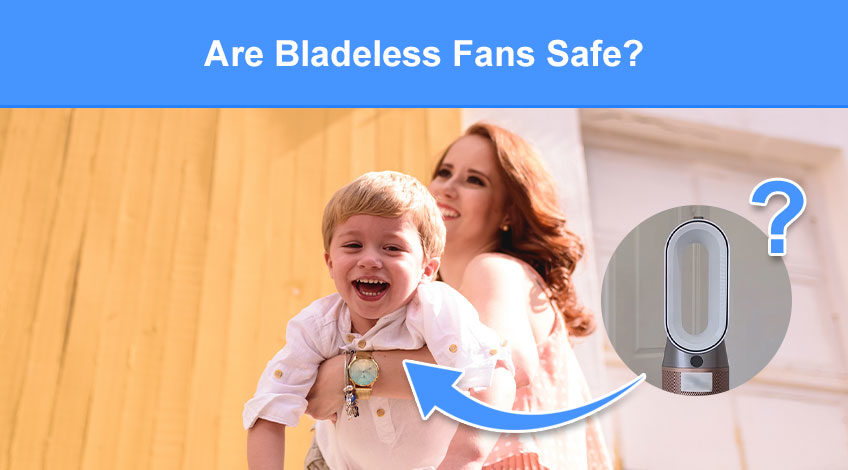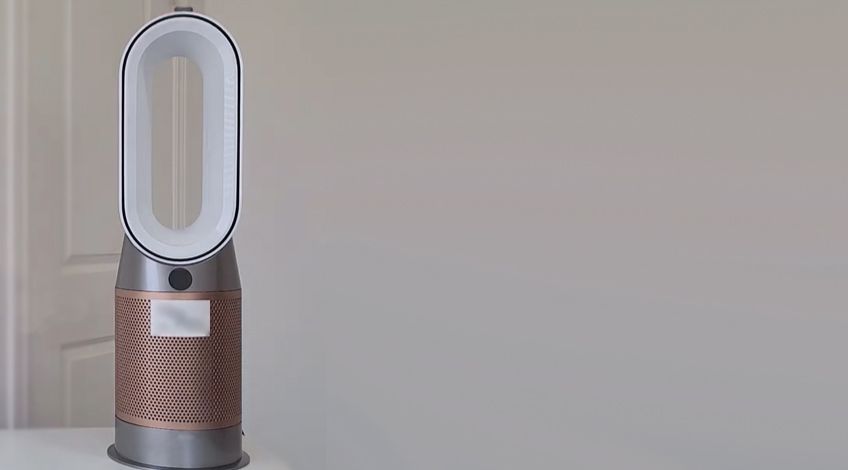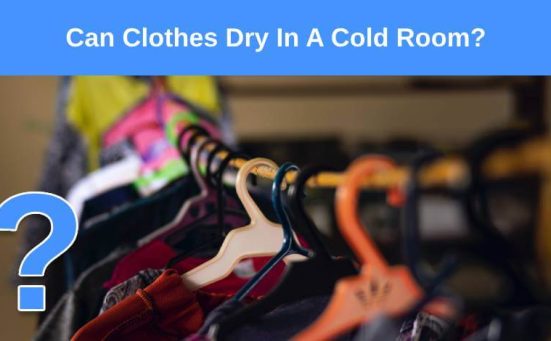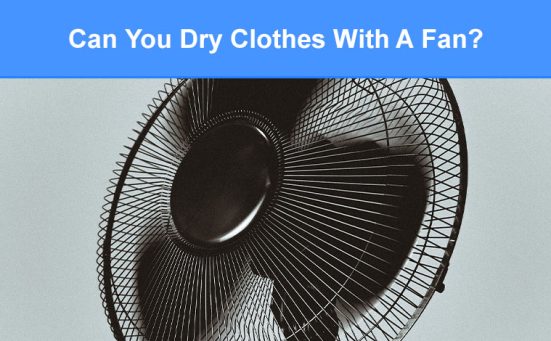
Are Bladeless Fans Safe? (or are they dangerous)
It is often claimed that bladeless fans are safer to use around children and pets because there are no blades that could injure them.
And that claim is true but there’s more to it than that, keep reading to find out more.
Please note; Below we have listed many reasons why bladeless fans are safe. However it’s important to understand that all electrical appliances carry some risks if used incorrectly.
You should always follow manufacturers instructions and any safety guidelines. Like all electrical appliances, bladeless fans should be;
- Placed on a level surface
- Kept away from water
- Cleaned regularly to remove dust
- Not operated for long periods of time except under supervision
Why Are Bladeless Fans Safe?
The obvious place to start the answer to this question is because there are no visible fan blades on a bladeless fan.
Whereas a bladed fan has visible blades that could look too much like a temptation for a young child. Even though it could be argued that the blades on a bladed fan are locked behind a metal cage, small fingers could find their way between the bars.
Or more likely a child could use a pen or pencil to disrupt the spinning action which could result in the motor burning out or the fan blowing a fuse.
None of which is possible with a bladeless fan because the fan is contained within the housing safe from pets or children.
Bladeless Fans Have No Exposed Working Parts
All of the fan blades, motor etc are concealed inside the fan’s body. This means that they cannot be touched by inquisitive children.
However, this does not mean it is 100% safe to leave children unattended close to a bladeless fan. Anything is potentially harmful and you should follow manufacturers guidelines.
Bladeless Fans Have A Low Centre Of Gravity
A less stated fact is that due to the low centre of gravity of a bladeless fan they are less likely to be accidentally knocked over. Not that knocking a bladeless fan over is likely to cause any personal injury even if it was.
However it is possible under the right circumstances to knock over a bladed fan. And even though it usually has a cage around the fan blades, it could cause personal injury.
And before you start shouting “a young child could never knock over a bladed fan due to its weighted bottom”, we’ve actually seen kids playing on ride-on toys colliding with many objects at relatively high speeds with enough force to knock a fan over.
Bladeless Fans Weigh Less Than Bladed Fans
That weighted base is another factor though, if for some reason a bladed desk fan with a weight of 3 or 4 kg was to fall from a tabletop, it could injure a small child or pet.
Many similarly powered bladeless fans weigh in at under 600g making them far less likely to harm a pet or small child.
Then There’s The Plug
Here in the UK all 3-pin plugs are fused which means even in the unlikely event of something going wrong with the fan electrically, the fuse would blow preventing any serious injury.
Automatic Shut Off
Some Dyson bladeless fans have an automatic shut off should the fan get knocked over to prevent any injury or damage.
This is not necessarily the case with all bladeless fans but it certainly is with the Dyson HP04 Pure Hot+Cold model.

Bladeless Fans With HEPA Filters Are Definitely Safe
Many bladeless fans now come with HEPA (High Efficiency Particulate Arresting) filters which remove harmful allergens from the air.
Dyson says that their HEPA filters remove particles as small as 0.1 micron. Which is 250 times smaller than can be seen with the human eye.
This includes: dust mites, pollen and other allergens including mould spores.
All of which means the air you and your family breathe will be safer if you’re using a bladeless fan with a HEPA filter.
SEE ALSO: Are Bladeless Fans Expensive To Run? (do they use less power)
Safety Shut Off
Many bladeless fans have a safety shut off if the device is left on for 9 hours continuously. This is to prevent overheating and damage to the fan.
Many are also fitted with built-in safety features that would shut the fan off if it became overheated.
Reduced Noise Levels
Bladeless fans are well known for their comparatively low noise levels. As there are no spinning blades forcing air onto a metal cage, the production of air is far quieter.
Added to which the concealed brushless motor makes powering a bladeless fan quieter than its bladed counterpart too.
There are many people that cannot tolerate too much noise which makes a bladeless fan the ideal choice for cooling those people down.
Safer On The Environment
As bladeless fans are far more energy efficient than bladed fans, they are safer to use if you’re concerned about the environment.
Many bladeless fans can be up to 50% more energy efficient than their bladed counterparts. Making them the most eco-friendly form of personal cooling devices.
So, There You Have It
Bladeless fans offer a stylish and safe way to get cool when temperatures soar this Summer.
However, as with all electrical appliances you should follow all safety advice from the manufacturer. This will prolong the life of your fan and keep you and your loved ones safe.
Do You Have Any Questions?
Above there are several reasons why bladeless fans are safe, and we hope that answers any queries you might have. If you do have any more questions be sure to drop them in the comments section below.
SEE ALSO: Our Top Picks For The Best Bladeless Fans
Frequently Asked Questions
Dyson bladeless fans do have blades but they are concealed within the pedestal of the fan. This makes them safer for use around pets and small children.
As there are no visible blades on a bladeless fan, it is safer than a regular fan or a ceiling fan.
It is safe to leave a Dyson fan on because it will automatically shut off after 9 hours continuous use.
As Dyson fans have no visible working parts, they are far safer around pets and children.




